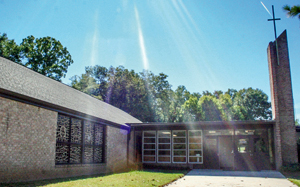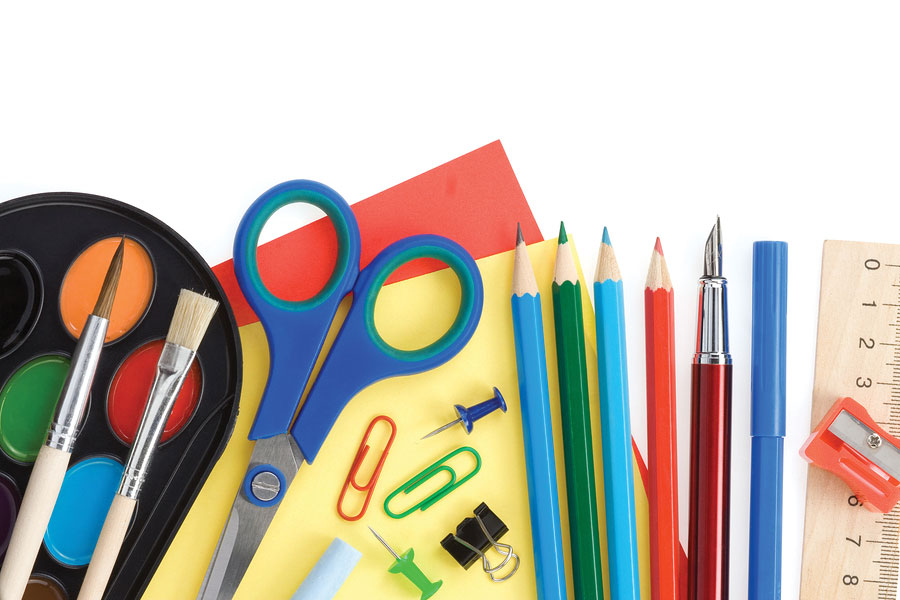
GREENVILLE—Storefronts advertising payday loans are all too common a sight in low-income neighborhoods in most South Carolina cities and towns.
These businesses market extremely high-interest loans — often with triple-digit interest rates — to economically vulnerable people without access to conventional banking and credit. Many customers turn to these loans when an unforeseen expense pops up.
South Carolina is one of 34 states that allows payday lenders to charge triple-digit interest rates. In comparison, laws in 16 states and the District of Columbia cap interest rates for these loans at 36%, according to the Center for Responsible Lending.
A bill that hopefully will be addressed by the state legislature this year calls for establishing a 36% cap as well, according to Michael Acquilano, director of the South Carolina Catholic Conference, which supports the effort.
“We support protecting people from usury, as the Bible teaches us,” Acquilano said. “The practice of charging well over 300% for these short-term loans is unfair and places these individuals into a cycle of poverty.”
Meanwhile, members of St. Anthony of Padua Church in Greenville are collaborating with financial organizations to provide low-income people an alternative to payday loans.
Parishioners are working with the MICAH Program, a new initiative named after the Old Testament prophet.
MICAH, which launched in November, offers low-interest microloans to members of the community who may not qualify for a loan otherwise, said Kerri Smith, city executive at Self-Help Credit Union in Greenville. The credit union’s mission is to offer loans and other financial services to communities that are underserved by conventional lenders.
The loans are offered through the credit union. Volunteers from St. Anthony of Padua serve on a loan review board to meet with applicants, and work as mentors to help clients achieve their financial goals. Donations from the parish also help fund the microloans.
Smith said the MICAH program is in its infancy, with two completed loans, but she anticipates a lot of demand for the service as it develops. She said many people who need this type of loan are dealing with an unplanned expense, such as a medical bill, home or car repair.
“With this program, we’re offering people the chance to get assistance at a super-low rate instead of a payday loan with interest rates as high as 300%,” Smith said. “We spread the payments out over 12 months so they will be more able to afford the loan, and they also get ongoing support from counselors and mentors. Doing this strengthens the community because predatory lending can have a ripple effect throughout the entire community.”
Smith said statistics show that the fees and interest from payday and car title loans drain an estimated $200 million out of the South Carolina economy annually.
“When you have that much money being eaten up by these loans, it can have a dramatic effect,” she said. “Debt from predatory loan products can become a barrier to home ownership and can become a cause of homelessness.”
Smith said members of the faith community are essential in building up alternatives to predatory lending.
For information on how to set up an initiative similar to the MICAH program, contact Smith at Kerri.smith@self-help.org.



